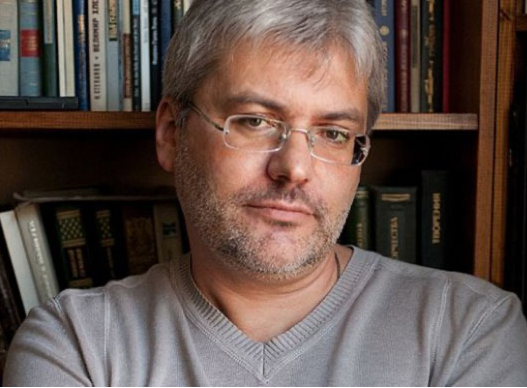Acton Institute podcast on Solzhenitsyn legacy
/The Acton Institute has posted a new episode of its Acton Line podcast, which includes a discussion between John Couretas and Daniel J. Mahoney on the legacy of Aleksandr Solzhenitsyn—that portion begins at timecode 25.01 and lasts about nineteen minutes.


















